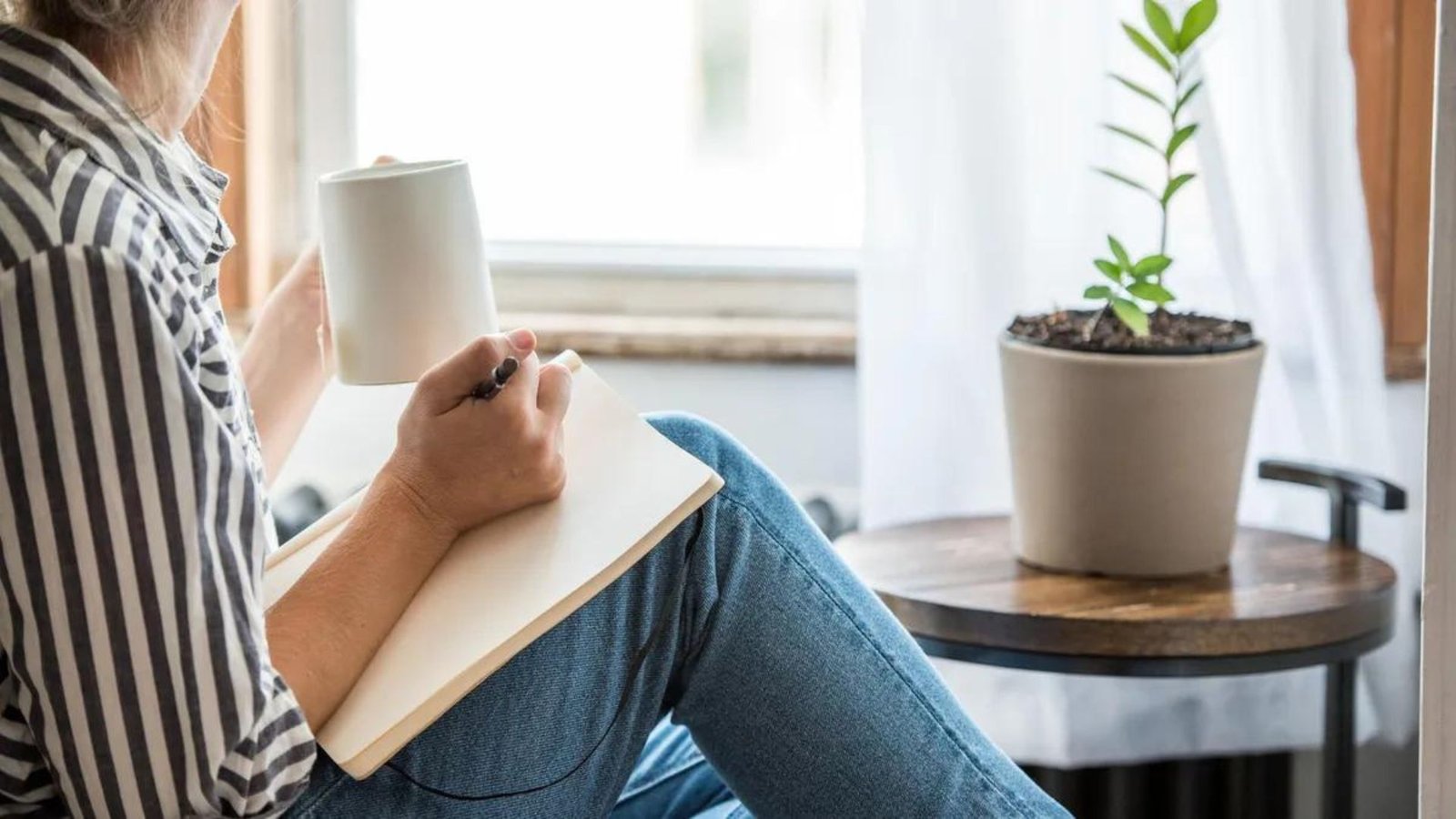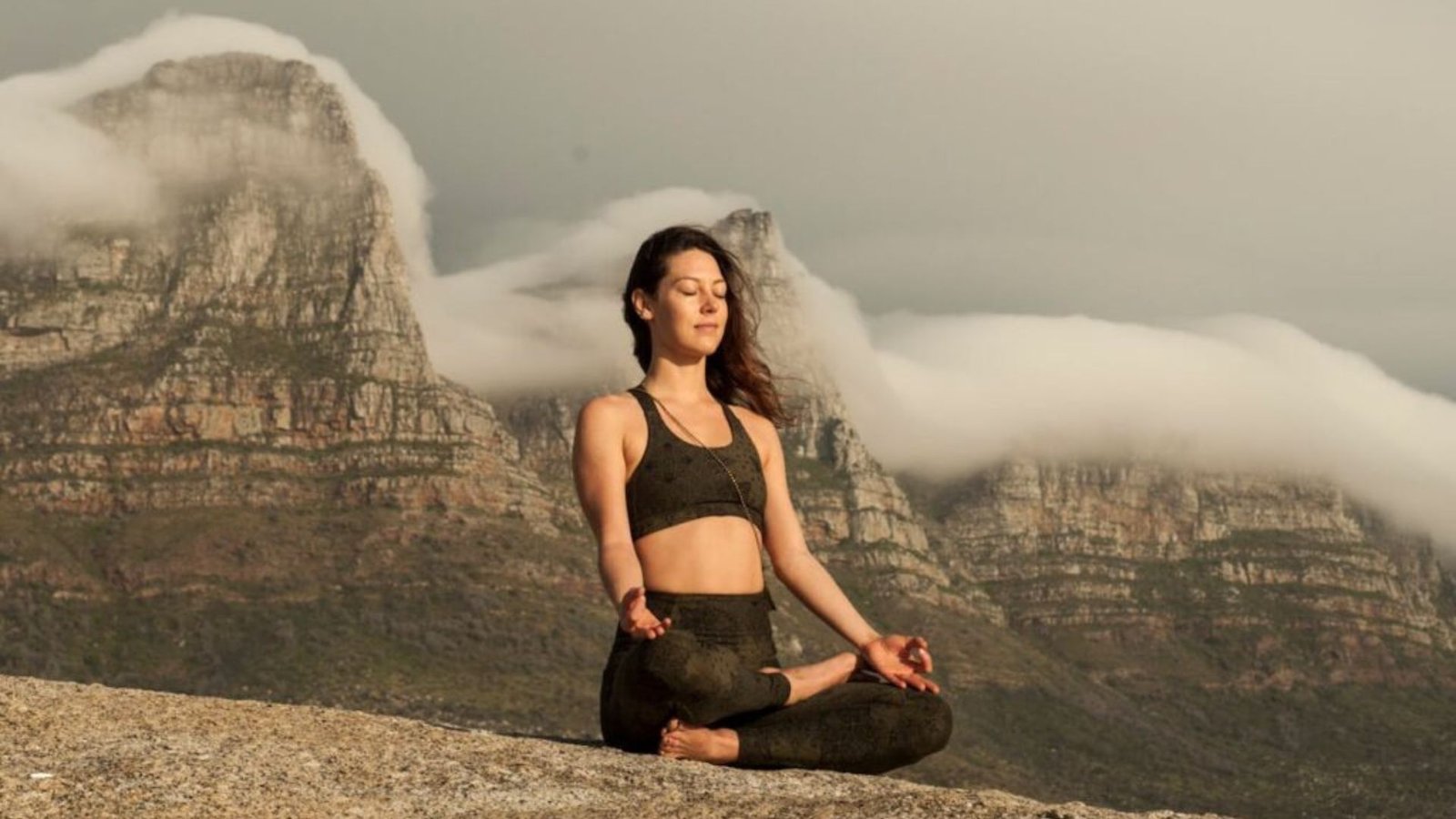Anxiety can be a challenging and overwhelming experience, but there are natural methods you can use to help manage and alleviate its symptoms. These techniques focus on lifestyle changes, relaxation methods, and holistic approaches that support mental and emotional well-being. Here’s a comprehensive guide to managing anxiety naturally.

Practice Mindfulness and Meditation
Mindfulness and meditation are powerful tools for reducing anxiety. These practices help you stay grounded in the present moment and can significantly lower stress levels. Regular mindfulness exercises, such as deep breathing, guided meditation, or progressive muscle relaxation, can help calm your mind and reduce feelings of anxiety. Aim to spend at least 10-15 minutes each day practising mindfulness techniques.
Incorporate Regular Physical Activity
Exercise is a natural anxiety reliever. Engaging in physical activity helps release endorphins, which are chemicals in the brain that act as natural painkillers and mood elevators. Activities like walking, jogging, yoga, or dancing can improve your mood and reduce anxiety levels. Aim for at least 30 minutes of moderate exercise most days of the week.
Maintain a Balanced Diet
What you eat can impact your mood and anxiety levels. A balanced diet rich in fruits, vegetables, whole grains, and lean proteins supports overall mental health. Avoid excessive caffeine and sugar, as they can contribute to heightened anxiety. Incorporate foods that are known to have calming effects, such as fatty fish (rich in omega-3 fatty acids), nuts, seeds, and herbal teas like chamomile or lavender.
Prioritize Quality Sleep
Sleep plays a crucial role in managing anxiety. Poor sleep can exacerbate feelings of anxiety, while good sleep supports emotional regulation and stress management. Establish a regular sleep routine by going to bed and waking up at the same time each day. Create a relaxing pre-sleep routine and ensure your sleep environment is comfortable and conducive to rest.
Practice Deep Breathing and Relaxation Techniques
Deep breathing exercises can help activate the body’s relaxation response, reducing the physical symptoms of anxiety. Try techniques such as diaphragmatic breathing, where you breathe deeply into your abdomen rather than shallowly into your chest. Other relaxation techniques include progressive muscle relaxation, where you systematically tense and then relax different muscle groups, and guided imagery, which involves visualizing peaceful and calming scenes.
Stay Connected with Supportive People
Social support is essential for managing anxiety. Spending time with friends and loved ones can provide emotional comfort and reduce feelings of isolation. Share your feelings with someone you trust, or consider joining a support group where you can connect with others who understand what you’re going through.
Engage in Hobbies and Enjoyable Activities
Participating in activities that you enjoy can help distract you from anxiety and improve your mood. Whether it’s a creative hobby, spending time in nature, or engaging in a favorite pastime, these activities can provide a sense of accomplishment and joy, which can alleviate anxiety symptoms.
Limit Alcohol and Avoid Smoking
While alcohol might seem like a way to relieve anxiety temporarily, it can actually increase anxiety levels in the long run. Similarly, smoking and nicotine use can exacerbate anxiety symptoms. Avoiding these substances can help improve your overall mental health and reduce feelings of anxiety.
Try Herbal Remedies
Certain herbs and supplements are known for their calming properties and may help reduce anxiety. Popular options include valerian root, passionflower, and kava kava. However, it’s essential to consult with a healthcare provider before starting any new supplements, as they can interact with other medications or health conditions.
Seek Professional Guidance When Needed
If natural methods are not providing sufficient relief, consider seeking guidance from a mental health professional. Therapists and counselors can offer support and techniques for managing anxiety and may recommend additional therapies or treatments as needed.
Conclusion
Managing anxiety naturally involves a combination of lifestyle adjustments, relaxation techniques, and holistic practices. By incorporating mindfulness, exercise, a balanced diet, and other supportive strategies, you can effectively manage anxiety and improve your overall well-being.

